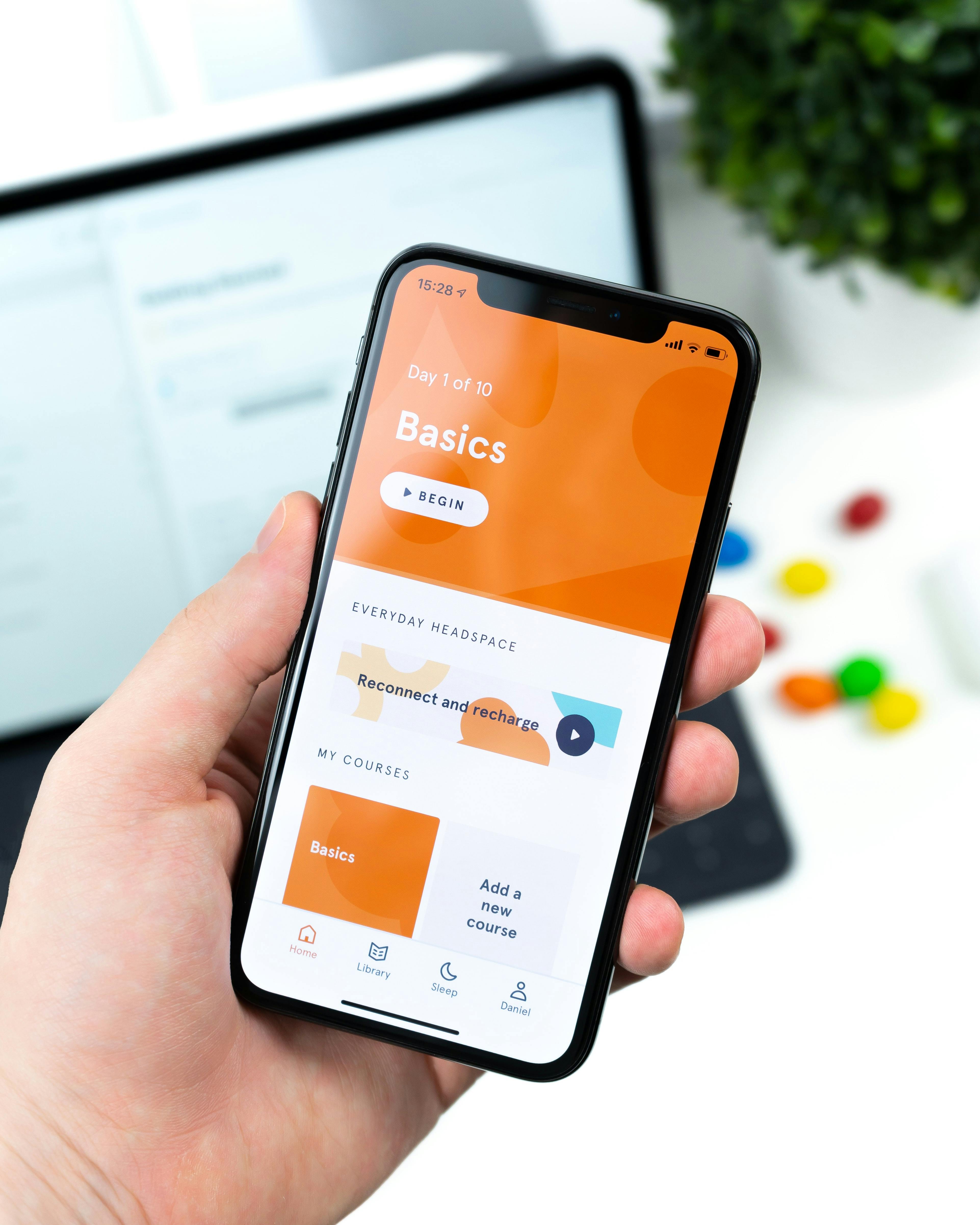First published on Thursday, Jun 04, 2020
Last updated on Wednesday, May 17, 2023
If you don't have a mobile phone policy at work, this guide will help you draw one up. And if you do already have one we're sure you'll find something useful here to add to your policy.
Mobile phones—especially smartphones—have been part of the cultural reshaping of the workplace over the last decade. Smartphone "apps" and enhanced connectivity (4G and WiFi) have made it possible for a person to read emails, send messages, manage their finances, check the weather, socialise with people, send photos, read news updates, record conversations, listen to music, take notes, scan objects, and more—all using a handheld device. Oh, did we mention that these devices can talk to us, too?
Technology has caused life and work to blend
In the old days, a person saved their personal errands for before or after work, or their lunch breaks, or their days off (for many people, the weekend).
But with a smartphone, the power to do all of the above and more is available to people while they're at work. And for some people, the temptation can be too much. We've all fallen into the time-sink of our smartphone at some point. Doing things that may or may not be useful for our lives—and when we look away from the screen, 20 minutes, an hour, maybe more time has gone for good.
When you have employees texting too much, sinking their time into their personal devices, they're wasting their working hours—the time each week that you pay them for.
When they're not putting those hours into your business, they're not bringing in revenue. They might be putting client relationships at risk, or making deadlines harder to hit.
They might be putting added pressure on their colleagues, who are picking up the slack for them. This can reduce staff morale and even cause resentment within your workforce.
So, since we know you want to keep employee productivity high, and you want to maintain positive revenue growth, we're here to make sure you've got an effective policy for mobile phones in the workplace.
Do you want a strict company mobile phone policy?
If you're going to adopt a strict approach, your policy might state things like:
- Employees must switch phones off during work hours.
- Employees must not bring their phones to meetings.
- Employees must leave phones in a desk drawer, coat/bag, or a company locker.
You should clarify in your policy that failure to adhere to your company rules could be a disciplinary offence, such as misconduct.
Or, you might opt for a more flexible policy...
With a policy that's less restrictive, you might allow staff to:
- Keep their phone in their pocket or on their desk.
- Have their phone set to silent or vibrate.
- Make any essential calls or texts away from their desk—you might designate a private area.
- Not use their phones during meetings.
In your policy, remind staff that they should use their lunch or break to handle personal calls, texts, emails, and the rest.
Instances of serious risk will require usage restrictions
While writing your policy, do a full risk assessment of your workplace and identify any serious hazards that the use of a smartphone could pose.
Such as:
- Driving.
- Operating machinery.
- Working in areas where mobile interference could disrupt electrical equipment, such as a hospital or aircraft.
- Anywhere where a distraction could pose a serious risk to the user or to other persons—such as a blast site, fueling station, or laboratory.
Employees who drive as part of their job shouldn't be making or taking calls while driving.
Their phone should be on silent—alternatively, a passenger could take calls on their behalf, or their phone should sync up with the car's hands-free software.
Can a mobile phone be useful during work hours?
Your employees could use their smartphone to:
- Create reminders for meetings, respond to emails, and do certain tasks.
- Collaborate with colleagues on a project.
- Use effective tools such as calculators or memo recorders.
But it's difficult to encourage usage without an employee interpreting this as a chance to respond to their social apps.
While you're here, read our guide on social media in the workplace, too.
Consider the give and take of work and personal life
These devices (and how we use them) have played their part in reshaping the work-life culture we now live in.
Many bosses expect their staff to have their work emails on their phone—whether it's a company phone or a personal phone—and to respond to work emails during non-work hours, without considering this to be payable overtime.
If you're going to infringe on an employee's evenings or weekends, it could be a goodwill gesture to permit employees to reply to an important message while they're at their desk if it won't take them more than a minute or two—the same amount of time they might spend replying to an email during non-work hours.
Studies suggest that something called "nomophobia" (no mobile phobia) is a real problem. When a person's private life exists in some way on their phone (important personal messages, photos, bank details, etc.), the idea of having to separate from their phone can cause feelings of anxiety.
A study in the United States indicates that when someone is away from their smartphone, their heart rate and blood pressure both rise.
Include your stance on company phone usage in your policy
If you give your staff a company phone, clarify the following:
- The phone is company property (you should state here what would happen if the phone suffers damage or if the employee loses it).
- They must return the phone once their employment ends.
- You reserve the right to withdraw or replace their phone.
Emergencies happen every day, so it would be a sign of good faith to your staff to let them share their work number with their family.
However, you might demand that your employee covers the cost of non-business calls.
Clarify what counts as an offence
Use simple language in your policy so that everyone can understand you.
Clarify what behaviour will count as a disciplinary offence, and refer staff to your disciplinary procedure. As always, make sure you convey policies and procedures to staff when they join your business. Make these documents accessible, and always let staff know when you update a policy.
Letting staff listen to music through their devices
Some companies let their staff listen to music (usually with their headphones or earphones plugged in). Listening to music can help some people focus better than the everyday noise of a workplace.
If you allow staff to listen to music, you should anticipate that—now and then—an employee will need to look at their phone to choose a song. Therefore, the playing of music might not go hand-in-hand with a restrictive mobile phone policy.
Do what's best for your business, but be consistent
You know your business better than we do. And you know your employees better than we ever will. It's up to you to decide what sort of policy you will implement. In most cases, some kind of flexibility and balance can be the most agreeable strategy.
On the other hand, a restrictive policy coupled with demanding that your staff be available 24/7 via email might not go down well.
You must be fair and consistent in enforcing your policy. Letting a favourite employee get away with sending texts, but restricting somebody else, could land a formal grievance at your feet.
Need help?
Putting a mobile phone policy in place can be tricky.
But you're in luck. BrightHR offers free employment law advice to all customers. Request a demo of BrightHR today and discover the other benefits we'll add to your company's HR.
Have a question?
Ask away, we’ve got lightning fast answers for UK business owners and employers powered by qualified experts.









